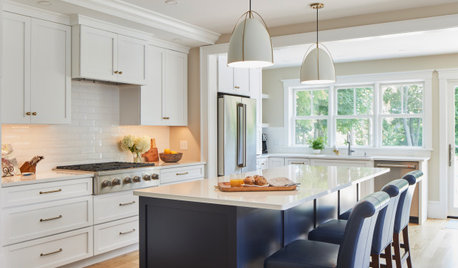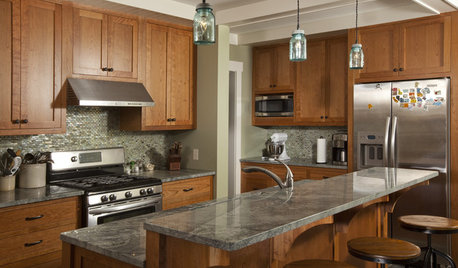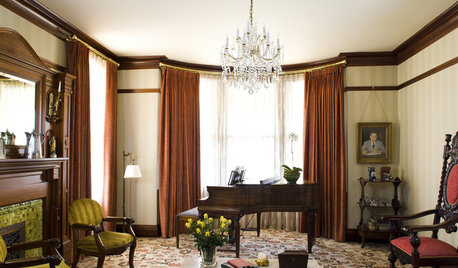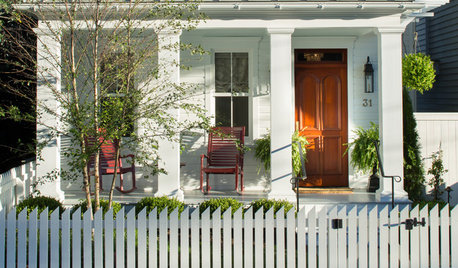Mitered vs Cope & Tenon Cabinet Doors
janralix
12 years ago
Featured Answer
Sort by:Oldest
Comments (9)
User
12 years agoRelated Professionals
Albany Kitchen & Bathroom Designers · Bloomington Kitchen & Bathroom Designers · Clarksburg Kitchen & Bathroom Designers · Frankfort Kitchen & Bathroom Designers · Southbridge Kitchen & Bathroom Designers · Glen Allen Kitchen & Bathroom Remodelers · Red Bank Kitchen & Bathroom Remodelers · South Jordan Kitchen & Bathroom Remodelers · Buena Park Cabinets & Cabinetry · Reading Cabinets & Cabinetry · Tinton Falls Cabinets & Cabinetry · White Oak Cabinets & Cabinetry · Rancho Mirage Tile and Stone Contractors · Oak Hills Design-Build Firms · Yorkville Design-Build Firmssombreuil_mongrel
12 years agoCircus Peanut
12 years agojanralix
12 years agotom999
12 years agoJumpilotmdm
12 years agoBill3D
12 years agofinestra
12 years ago
Related Stories

KITCHEN DESIGNPopular Cabinet Door Styles for Kitchens of All Kinds
Let our mini guide help you choose the right kitchen door style
Full Story
KITCHEN CABINETSCabinets 101: How to Choose Construction, Materials and Style
Do you want custom, semicustom or stock cabinets? Frameless or framed construction? We review the options
Full Story
GREAT HOME PROJECTSHow to Bring Out Your Home’s Character With Trim
New project for a new year: Add moldings and baseboards to enhance architectural style and create visual interest
Full Story
TRADITIONAL HOMESHouzz Tour: Historic Charm Restored to a Dilapidated Coastal Home
Along the waterfront in Annapolis, Maryland, a couple gain space but preserve their 1800s home’s period looks
Full Story







tom999